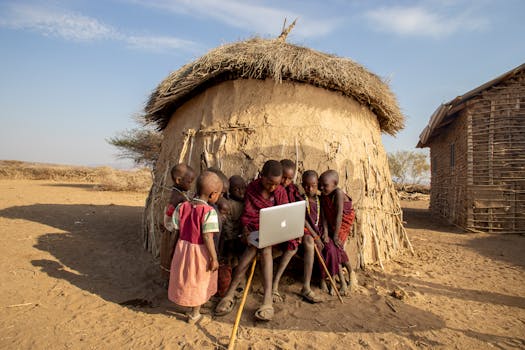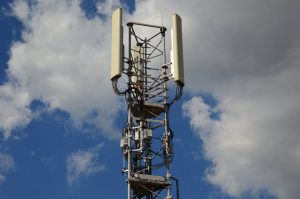Empowering Communities: The Impact of Fiber Companies on Rural Connectivity in Africa

Empowering Communities: The Impact of Fiber Companies on Rural Connectivity in Africa
Empowering Communities: The Impact of Fiber Companies on Rural Connectivity in Africa is a vital topic in today’s digital age. The advent of fiber companies in Africa has revolutionized the way people live, work, and communicate, especially in rural areas. Fiber companies are playing a crucial role in empowering communities in rural Africa by providing them with high-speed internet connectivity, bridging the digital divide, and contributing to economic growth and social development.
Introduction to Fiber Companies in Africa
Fiber companies in Africa have been instrumental in providing high-speed internet connectivity to rural areas, which were previously underserved or unserved. These companies have invested heavily in laying down fiber optic cables, building cell towers, and establishing internet exchange points. As a result, many rural communities now have access to fast and reliable internet connectivity, which has opened up new opportunities for economic growth, education, and social development.
The Impact of Fiber Companies on Rural Connectivity
The impact of fiber companies on rural connectivity in Africa has been significant. With high-speed internet connectivity, rural communities can now access a wide range of online services, including education, healthcare, and financial services. This has improved the quality of life for many people in rural areas, who can now access information, communicate with others, and conduct business online. Fiber companies have also created jobs and stimulated economic growth in rural areas, contributing to the overall development of the continent.
Challenges Faced by Fiber Companies in Africa
Despite the many benefits of fiber companies in Africa, there are still several challenges that need to be addressed. One of the major challenges is the high cost of deploying fiber optic cables in rural areas, which can be expensive and time-consuming. Additionally, fiber companies face challenges related to infrastructure, such as the lack of reliable power supply, poor road networks, and limited access to skilled labor. Furthermore, there are also regulatory challenges, such as the need for licenses and permits, which can be bureaucratic and time-consuming.
Conclusion
In conclusion, fiber companies have played a vital role in empowering communities in rural Africa by providing them with high-speed internet connectivity. Despite the challenges faced by these companies, the benefits of fiber connectivity in rural areas are numerous, ranging from improved access to education and healthcare to economic growth and social development. As the demand for high-speed internet connectivity continues to grow in Africa, it is likely that fiber companies will play an increasingly important role in bridging the digital divide and contributing to the overall development of the continent.



